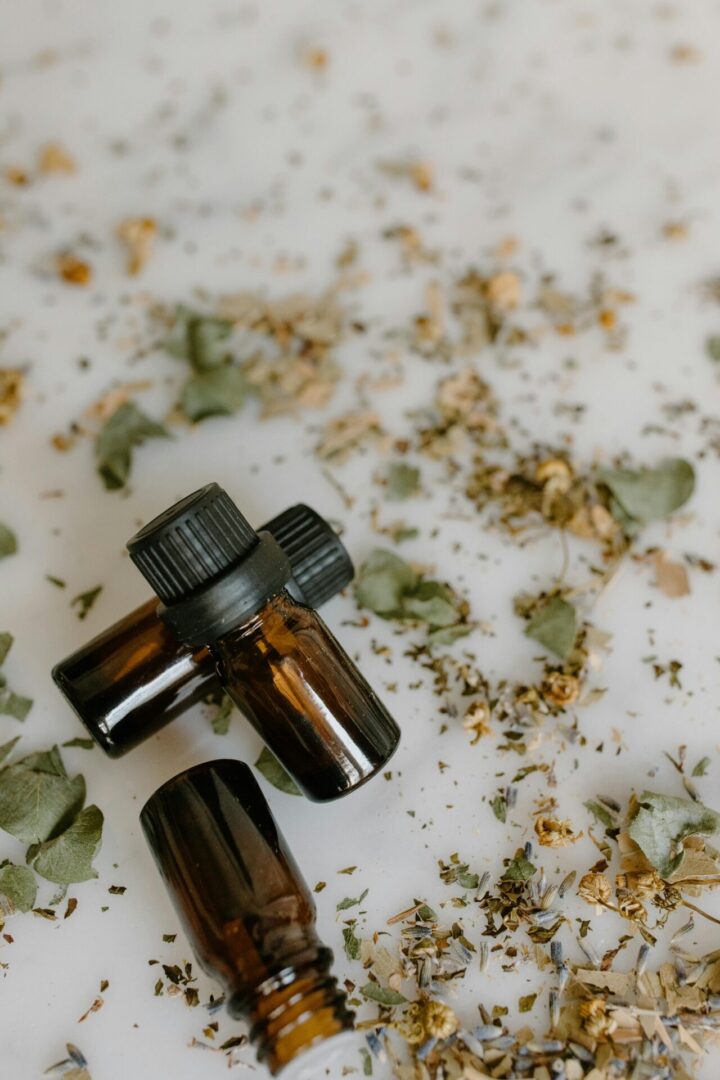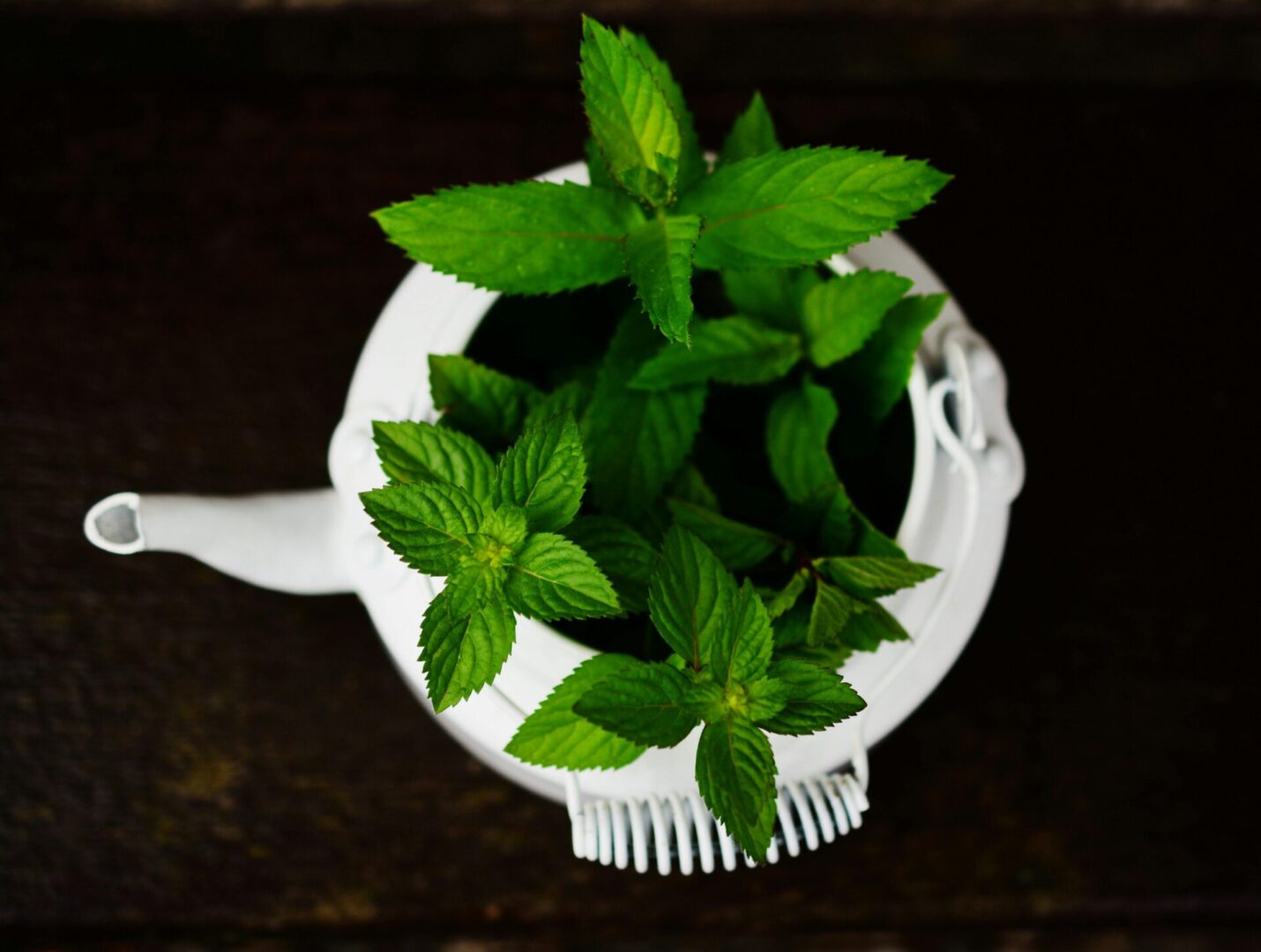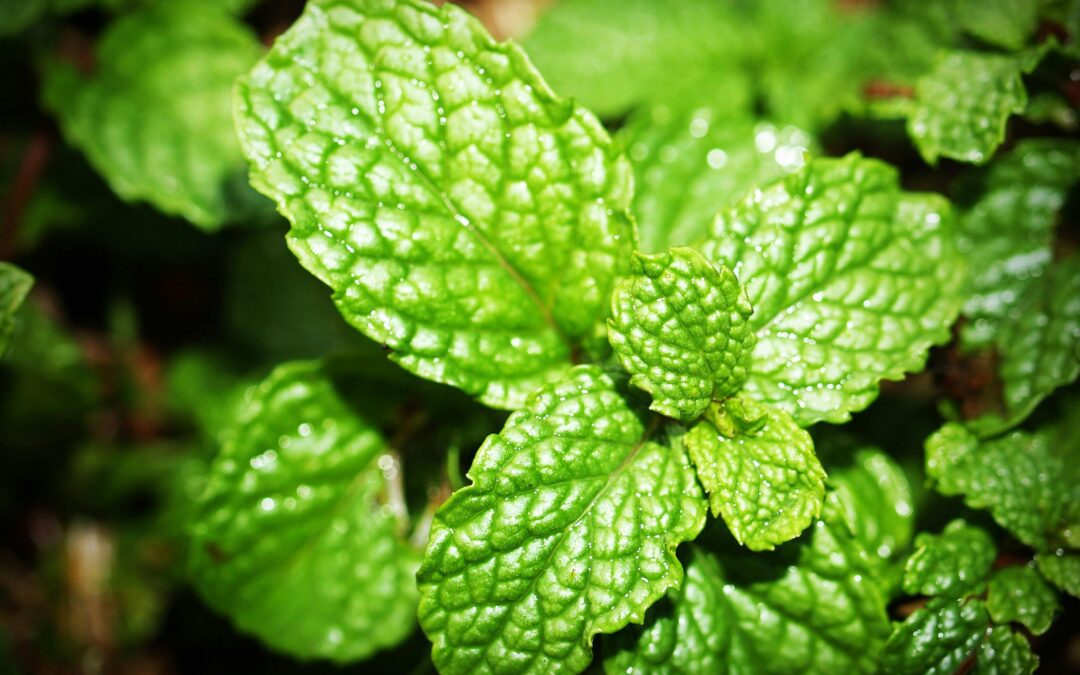Peppermint essential oil, derived from the plant Mentha piperita, is a treasure trove of therapeutic benefits that have been cherished for centuries. This versatile oil, known for its refreshing and invigorating scent, is celebrated for its unique adaptogenic properties, meaning it can both sedate and stimulate depending on the body’s needs. From alleviating headaches and soothing stomach issues to relieving muscle aches and deterring pests, peppermint essential oil is a staple in holistic wellness. Let’s dive into the many benefits and best practices of using this remarkable oil.

A Brief History of Peppermint Essential Oil
Peppermint has a rich history dating back to ancient civilizations. Originating in Europe and the Middle East, it was used by the Egyptians, Greeks, and Romans for its medicinal properties. Over the centuries, peppermint evolved from a wild plant to a cultivated crop, with its essential oil becoming a cornerstone in traditional and modern medicine. Today, peppermint is grown worldwide, and its oil is a favorite in aromatherapy and natural health practices.
The Therapeutic Actions of Peppermint Essential Oil
- Adaptogenic: Peppermint essential oil is unique in its ability to act as both a sedative and a stimulant. This adaptogenic quality allows it to balance the body’s responses to stress, enhancing overall well-being.
- Analgesic: It is known for its pain-relieving properties, making it effective for headaches, muscle aches, and joint pain.
- Anesthetic (Topical): When applied topically, peppermint oil can numb the skin, providing relief from minor irritations and itching.
- Digestive: Peppermint oil supports the digestive system, helping to alleviate symptoms of indigestion, gas, and bloating.
- Insecticide: Its strong scent acts as a natural insect repellent, keeping pests at bay.
- Sedative: In smaller doses, peppermint oil can promote relaxation and reduce anxiety.
- Stimulant: In larger doses, it can boost energy levels and enhance mental clarity.
- Stomachic: It aids in strengthening and toning the stomach, improving digestive health.
Why Peppermint Essential Oil is a Favorite
Headaches
Peppermint essential oil is a go-to remedy for tension headaches. Its analgesic and anesthetic properties help reduce pain and relax the muscles, while its stimulating effect can enhance blood circulation to the head. Simply apply a few drops to your temples and gently massage to experience relief.
Stomach Issues and IBS
Peppermint oil is renowned for its digestive benefits. It relaxes the gastrointestinal muscles, reduces spasms, and alleviates symptoms of Irritable Bowel Syndrome (IBS). A drop or two in a carrier oil, massaged onto the abdomen, can soothe an upset stomach and promote better digestion.
Muscle Aches and Pains
The cooling and analgesic effects of peppermint oil make it ideal for treating sore muscles and joint pain. Dilute with a carrier oil and massage into the affected areas to relieve discomfort and reduce inflammation.
Insect Repellent
Peppermint essential oil is a natural insecticide, effective against ants, spiders, and other household pests. Add a few drops to a spray bottle filled with water and spritz around windows, doors, and other entry points to keep your home bug-free.
Top 5 Uses of Peppermint Essential Oil
- Headache Relief: Apply diluted oil to temples and neck for quick pain relief.
- Digestive Aid: Massage onto the abdomen to alleviate bloating and indigestion.
- Muscle Relaxant: Use in a massage oil to soothe sore muscles and joints.
- Insect Deterrent: Spray diluted oil around the house to repel insects.
- Mental Clarity: Diffuse or inhale directly to boost concentration and alertness.
Why Everyone Needs Peppermint Essential Oil
Peppermint essential oil is incredibly versatile, making it a must-have in any natural health toolkit. Its ability to address a wide range of physical and mental health issues, from pain relief to improved digestion, makes it invaluable. Additionally, its adaptogenic nature ensures that it can meet your body’s needs, whether you require relaxation or stimulation.
More Ways to Use Peppermint
Peppermint isn’t just for oil enthusiasts. Peppermint tea is another excellent way to harness the benefits of this plant. It can soothe an upset stomach, improve digestion, and provide a calming effect. Whether you sip it hot or iced, peppermint tea is a delicious and health-boosting beverage.
Best Practices for Using Peppermint Essential Oil
- Dilution: Always dilute peppermint essential oil with a carrier oil before applying it to the skin to avoid irritation.
- Patch Test: Perform a patch test on a small area of skin to ensure you don’t have an adverse reaction.
- Avoid Eyes: Keep peppermint oil away from the eyes and mucous membranes.
- Internal Use: Only use peppermint oil internally under the guidance of a healthcare professional.
- Storage: Store the oil in a cool, dark place to maintain its potency.

Peppermint essential oil is a potent and multifaceted tool in natural health. Its blend of therapeutic actions, including adaptogenic, analgesic, anesthetic, digestive, insecticidal, sedative, stimulant, and stomachic properties, makes it an invaluable addition to any wellness regimen. With a history rooted in ancient healing traditions and a future bright with continued discovery, peppermint essential oil is truly a gift from nature. Whether you use it for headaches, digestive issues, muscle pain, or as an insect repellent, this versatile oil is sure to enhance your well-being.
LIVE YOUR LIFE!
Fleur Aromatherapy. 😊
#peppermint #essentialoils #headachecure #adaptogen #analgesic #naturesgift


